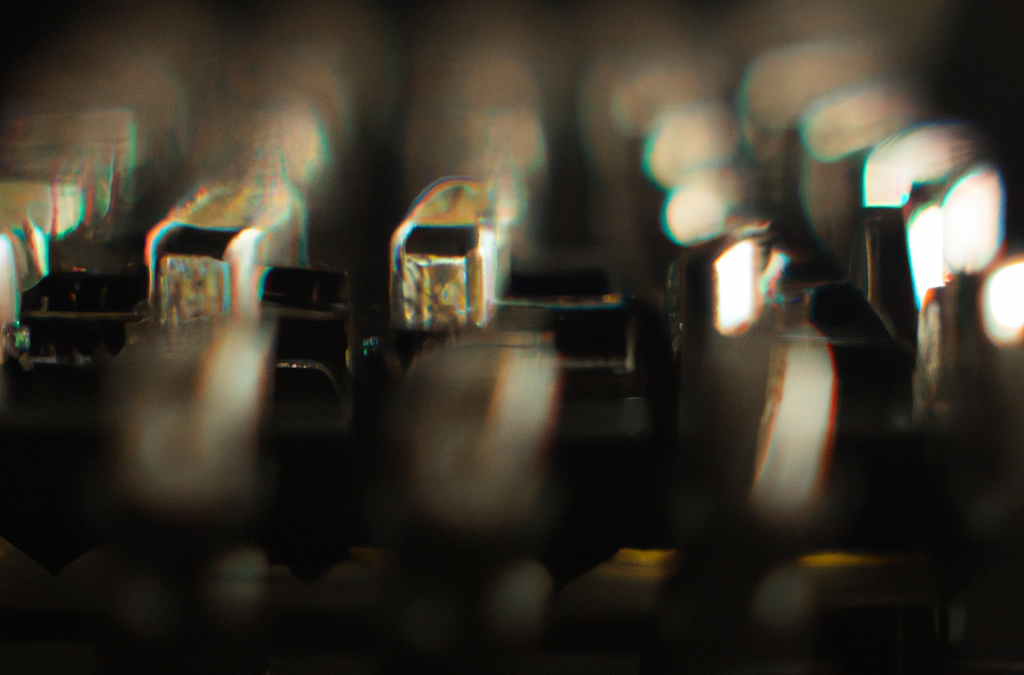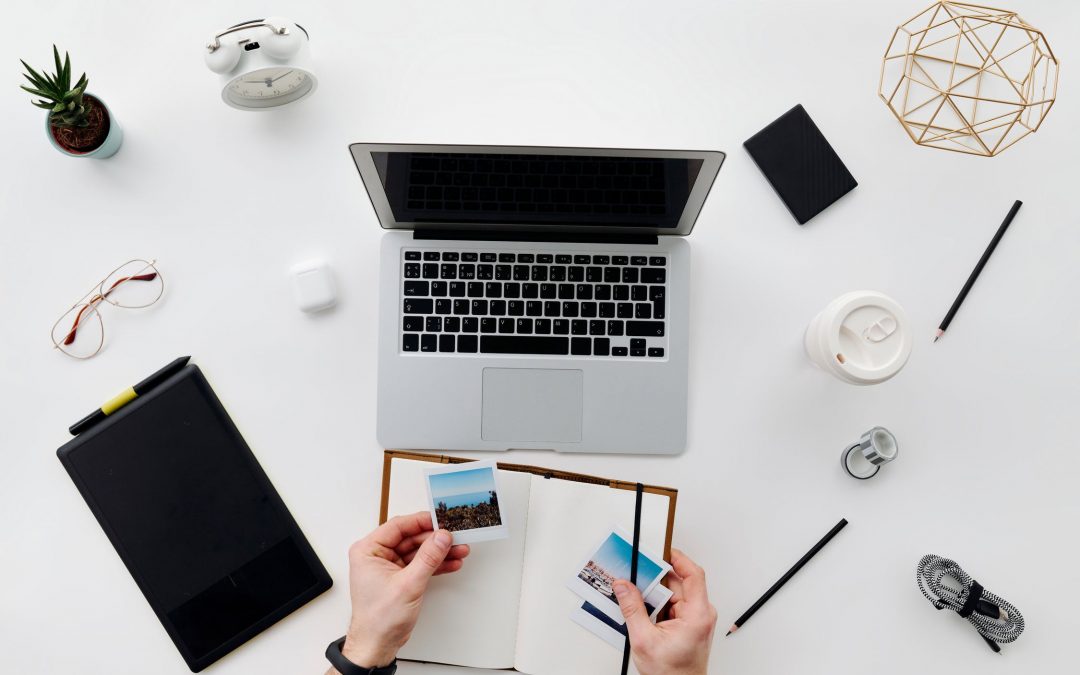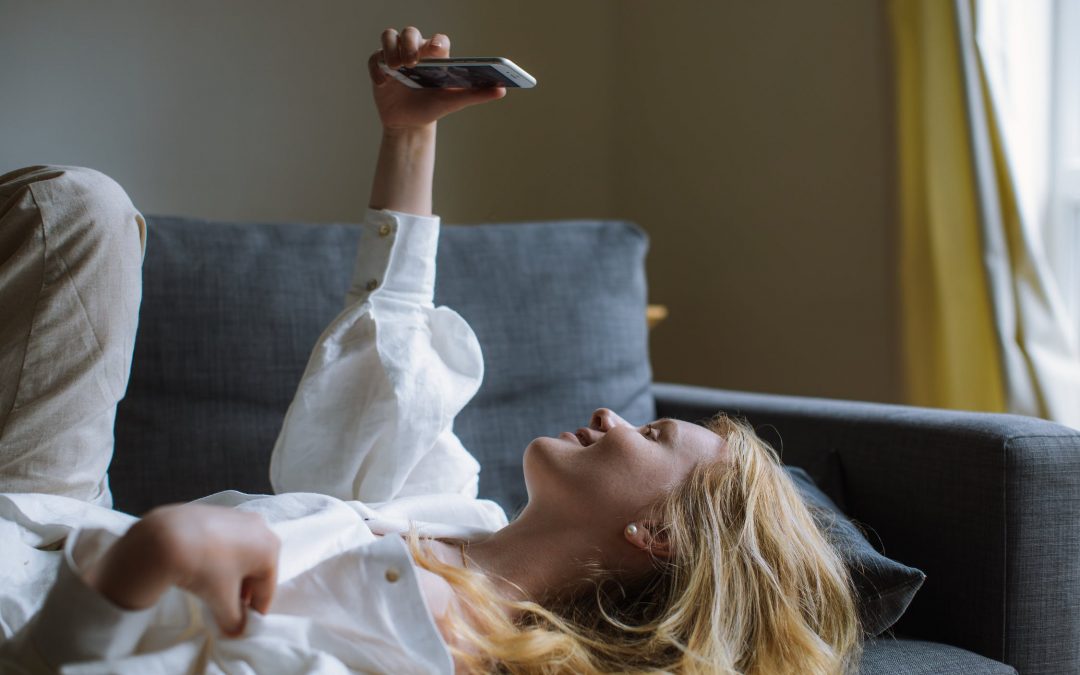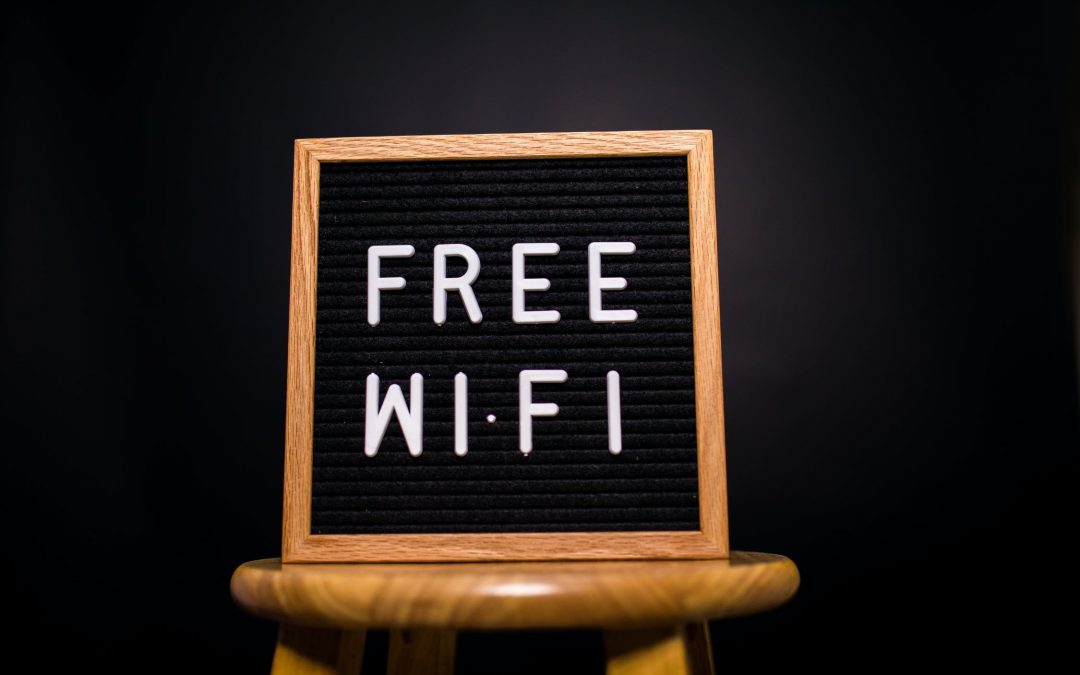Many people over the past few years have been spending far more time with technology. Work with technology, both in the office and at home has become increasingly mainstream as society has become more data-driven and tech orientated. Some people have started to experience tech fatigue, especially since the start of the pandemic.

Many people have been relying heavily on video calls and virtual conferences. Experts in health state that ‘Zoom Gloom’ can be a real problem. The same is true with other video calling apps such as Microsoft Teams, Google Hangouts, GoToMeeting, Webex, FaceTime, and Skype. It seems virtual interactions can be hard on the brain.
According to researchers like Andrew Franklin, assistant professor of cyberpsychology at Norfolk State University, Video calls can impair our need to assess the nuisances of body language and other non-verbal cues. “It can be a big brain drain not to have them” Franklin told National Geographic, noting that multi-person screens magnify the problem.

To counter some of the tech fatigue we’ve put together some tips.
- Take Video breaks
Scheduling back-to-back meetings can be draining and may be tiring to the brain. When we interact normally most people don’t tend to look at someone’s face for half an hour. However on video calls we can feel compelled to pay attention to the screen constantly. Taking a break between calls, and even picking up the phone can help.
Monitor offer both a soft phone app that transforms almost any device into your work phone, and we also offer VoIP desk-based phones for superior call quality and more services.

- Set an alarm remember to stand up and take a break.
Standing up and walking around at regular intervals can have big health benefits and reduce fatigue. Research has shown sitting down for too many hours can have negative health effects and can be unhelpful psychologically. Taking a break from screens and taking a few minutes every hour to stand up can keep you energised. Some smart watches have features that can help remind you to take a break.

- Turn off those notifications
Do you ever feel compelled to check your notifications? Some technology can have an ‘operant conditioning’ effect on us which trains us to constantly look for that newest notification and rewards us for getting it. Sometimes turning off notifications, including texts can be freeing. You can also reduce tech fatigue by only checking at certain intervals, for example every half an hour and not reacting immediately.
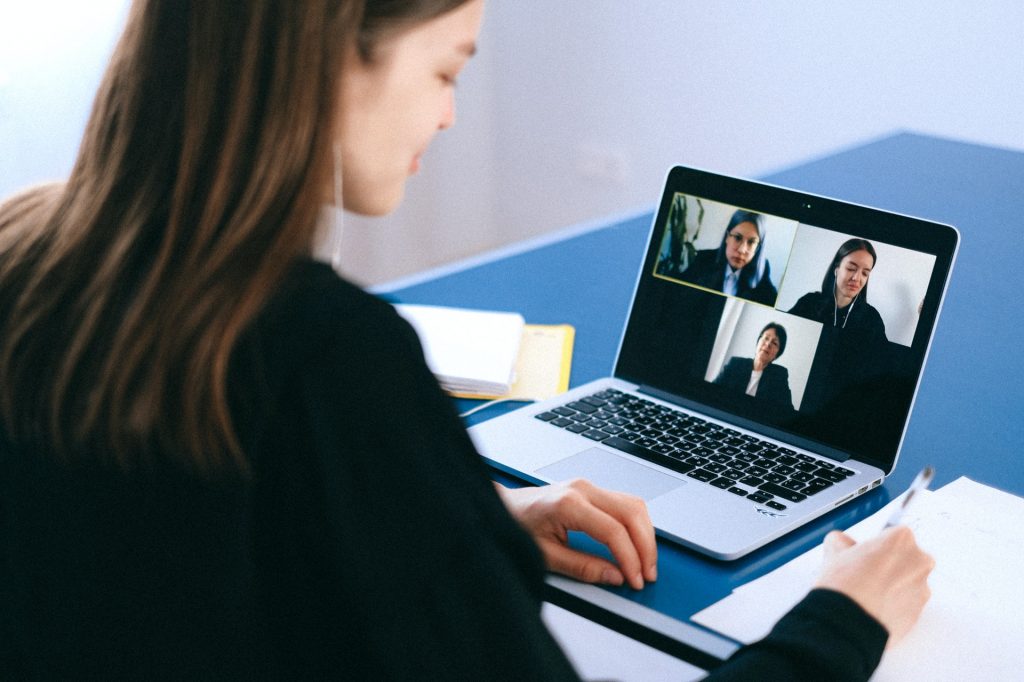
- Get outside
In addition to taking a screen break, going for a walk can reduce screen fatigue. It can be as little as five minutes, but taking a break and getting some fresh air can have a real impact. Remember to leave your phone in your pocket though. Short breaks can allow you to relax and may even boost creativity as your mind can think about problems in a less stressful environment.

- Use the 20/20/20 rule
Some Optometrists recommend for every 20 minutes looking at a screen, you should look at something about 20 meters away for 20 seconds or more. This can give your eyes a useful short break. Researchers have discovered if you do not take screen breaks, you may increase the odds of getting myopia or nearsightedness. Taking 20 seconds can help your eyes relax.

- Does it need to be a video meeting?
A lot of the time a phone call can be a more relaxing experience and may let you focus more on what you want to say. Monitor’s soft phone app solution allows you to connect to Microsoft Teams meetings from almost any device which may be a great opportunity to join in the call with voice, if you want.
- Reduce phone use
Many phones can contribute to tech fatigue. Reducing the number of hours spent using apps can improve your work life balance, if you’re using your phone for business. There are features on modern smartphones that let you track the number of hours you use them.

- Reduce tech use before bed.
Your quality of sleep is important to your overall wellbeing. Avoiding screens, especially mobiles an hour before bed can help you relax and improve the quality of your sleep. You may also fall asleep faster if your mind can unwind before you sleep.
- Create a better desk space
Getting setup with human-friendly equipment can really help. An ergonomic desk chair as well as ergonomic mouse and keyboard can reduce some tech fatigue, and investing in a large screen that’s easy to see may reduce eyestrain. Getting the lighting sorted and possibly investing in a desk plant adds character and can make you feel more at home.

With more technology being used than ever before, it is important to take steps to improve your environment. Monitor are experts in procurement and instillation. Talk to us today about your requirements.



